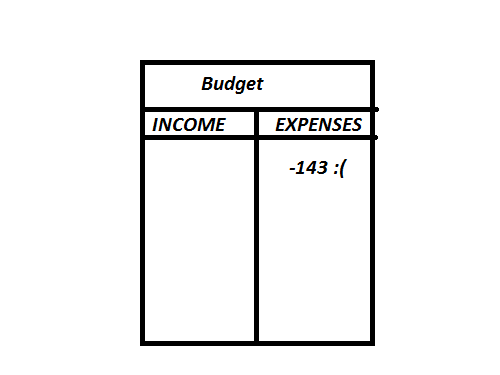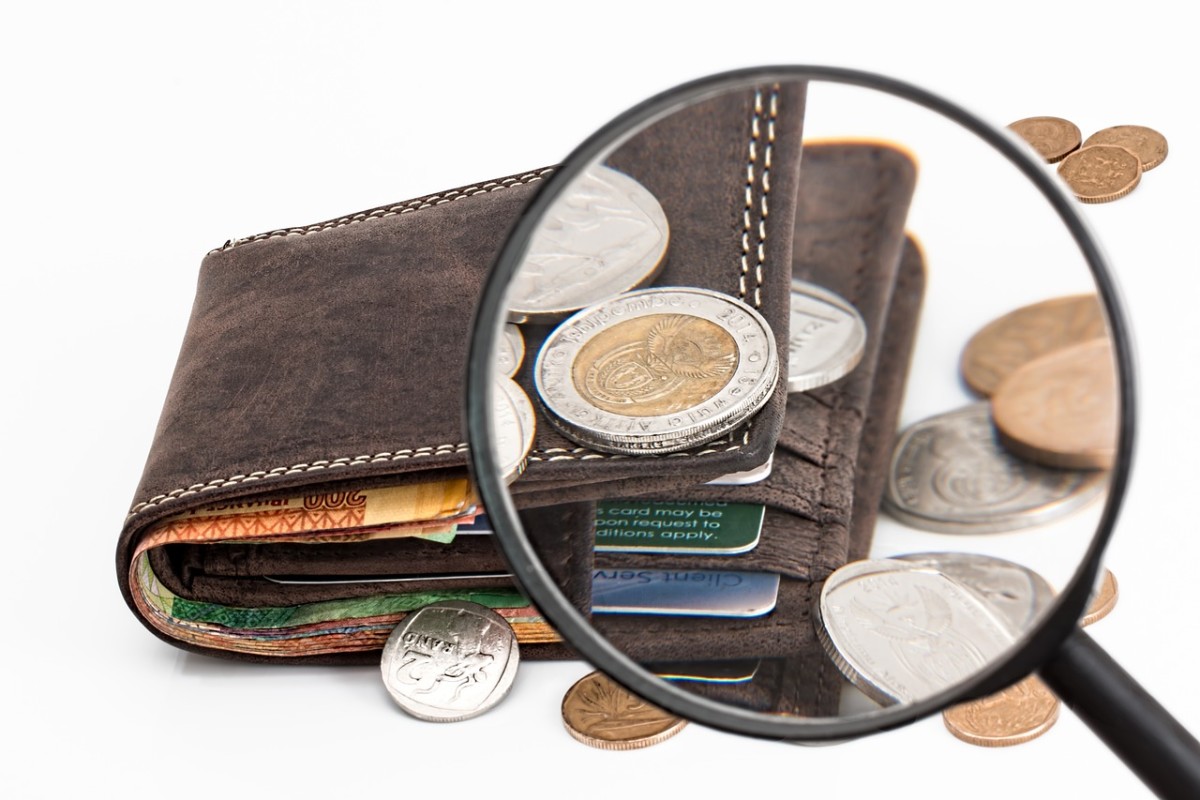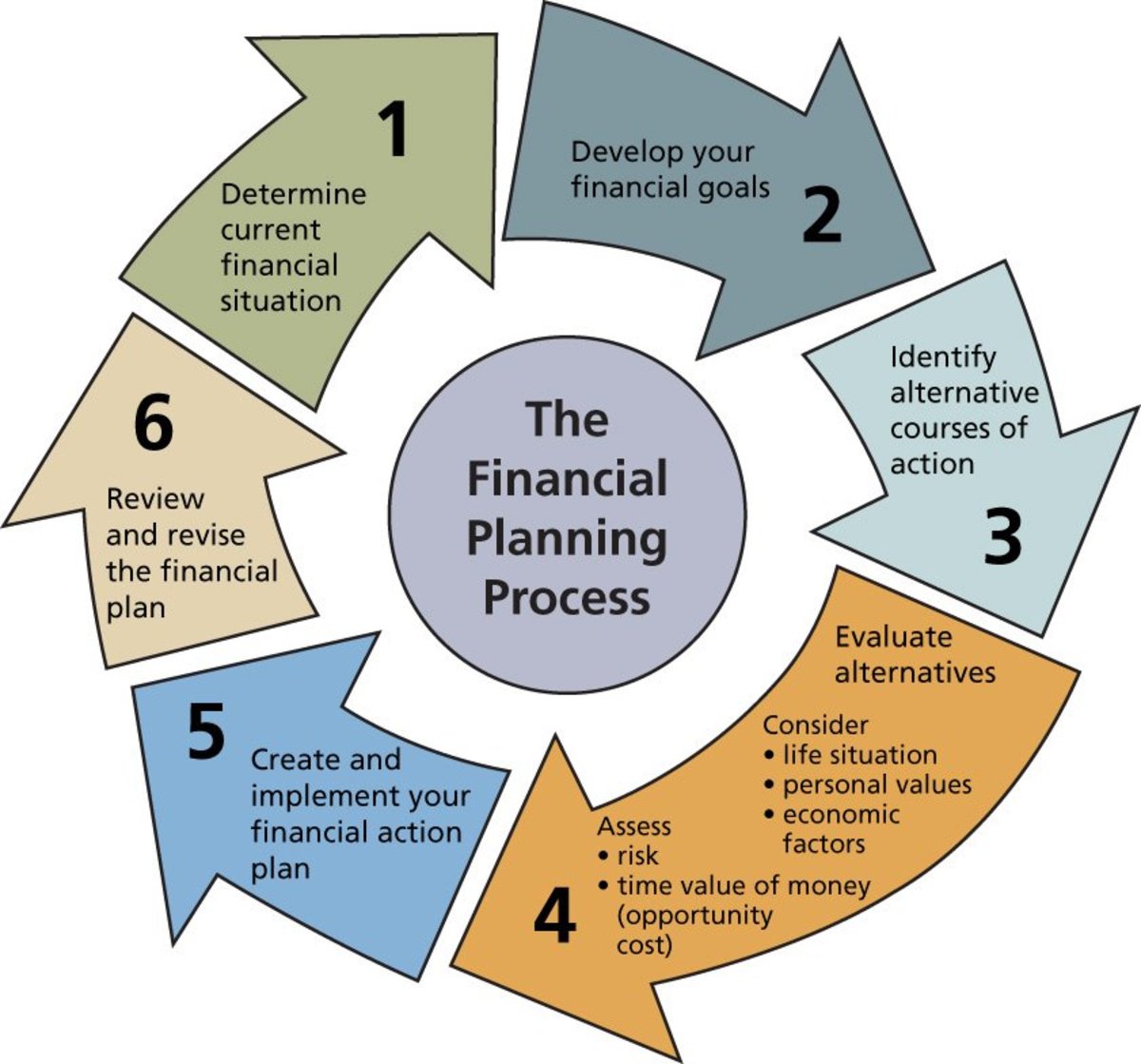5 Ways to Get on Sound Financial Footing
The New Year is frequently a time to make resolutions. Some people are able to keep them; most people fail. This is no reason to avoid taking stock in one's life, however. One of the leading areas in which people can stand to take a look and try to improve is in the area of finances. How can people improve their financial footing in the New Year? Below are five steps that just about anyone can take to improve their finances in the coming days and years.

1. Make a Budget (and Stick to It)
The first thing that anyone can do to improve their financial standing, if they have not already done so, is to create a budget. It is very difficult to keep finances in check if there is not some idea of what is coming in and what is going out on a monthly basis. Some people who try to create a budget may be in for a sad surprise when they find that their monthly spending exceeds their monthly income.
Many people have a fairly steady amount of income on a monthly basis. The easiest way to make a budget is to start with net income (money that is taxed cannot be used for anything else) and then start deducting fixed expenses. Fixed expenses would include such items as mortgages/rent, insurance payments, car payments, groceries, and utilities. These items cannot easily be changed. Next would come variable or discretionary expenses. These would be the items that can be cut if necessary. That cup of coffee at Starbucks needs to be counted, as does clothing and entertainment expenses.
If your budget shows that you have more money coming in than going out, great. If you have more money going out than coming in, it's more like "Houston, we have a problem." Adjust your spending in discretionary categories until you get the budget in line. Also, keep in mind that it is imperative that you keep within the budget throughout the year so that you do not fall into debt.
2. Start a Savings Account (and Build on It)
Financial analysts like Dave Ramsey (he is one of the most popular) argue that every household needs to have an emergency fund saved up to take care of unexpected expenses. These emergency funds can take care of a broken water pump, a busted dishwasher, or a broken bone. They also cut down on stress because there is cash on hand to take care of the unexpected expenses that would ordinarily be a budgetary catastrophe.
Getting an emergency fund started takes an elementary level of saving. Even $500 or $1,000 can be a great start. How can such a fund be achieved. $500 takes saving just $10 per week for a year. $20 a week will yield $1,000. Many people can achieve this with little problem. Others may have to tighten their belts. The benefits outweigh the negatives.
Savings can be built over time if people decide to continue saving past the amount needed for the emergency fund. Financial planners recommend that families save enough to cover 3 to 6 months of expenses in case of illness or job loss. This will take some doing. One way to build savings more quickly is through stashing any raises that a worker gets. Over time, these small increments will grow and improve the bottom line of any household.
3. Pay off Debt (and Stay away from It)
Many people have consumer debt outstanding. Few can pay cash for a home, but it is best to pay cash for a coffee so that the cost is not doubled over time. Most credit cards have interest rates that are quite high, so it is more difficult to get out from under excessive credit card debt.
One way that experts recommend to pay off debt is by using the debt snowball method. The "debt snowball" calls for paying the minimum on all debts except for the smallest. All extra money should be paid on the smallest debt until it is paid off. The money that went to the smallest debt will then be available to put on the next smallest debt. The process should be continued until all debts are paid off. The idea is that more and more money is available each month to pay down debt because there are fewer and fewer debts to pay. After paying off all debt, do not charge more than can be paid off in a month. The emergency savings can take care of any unexpected expenses.
4. Get a Second Job (or Do Tasks from Home)
Some people may find that their financial situation requires a second job. People who find themselves in this situation probably have fixed expenses that exceed their monthly income. In this instance, another revenue stream is necessary.
Working at McDonald's is probably not most people's idea of a great part-time job, but at times, it will be necessary to pay off debt and get into a better financial situation. There are ways to make money that do not involve leaving home for more money. There are plenty of ways to earn money in pajamas that include things such as freelance writing, using a specific search engine, answering surveys, and teaching online classes (for those who are well-educated). The added income can be used to pay off debt or to save for retirement or perks like Christmas gifts or nice vacations.

5. Stay Disciplined (and Stick with the Program)
This is perhaps the most important tip of all. People can have the greatest plans in the world. A budget can show a great level for savings. None of this matters if it is not put into execution. Changes in income or expenses will require the discipline to adjust the budget accordingly. A loss of income can be devastating. A windfall is not an excuse to go on a spending spree. Financial discipline can lead to great days in the future when you are not a slave to your debt, but are free to live life with a low level of stress.
Financial stability is a difficult concept for many people, but with these quick and sometimes painful steps, it is possible to avoid some of the more obvious pitfalls.








